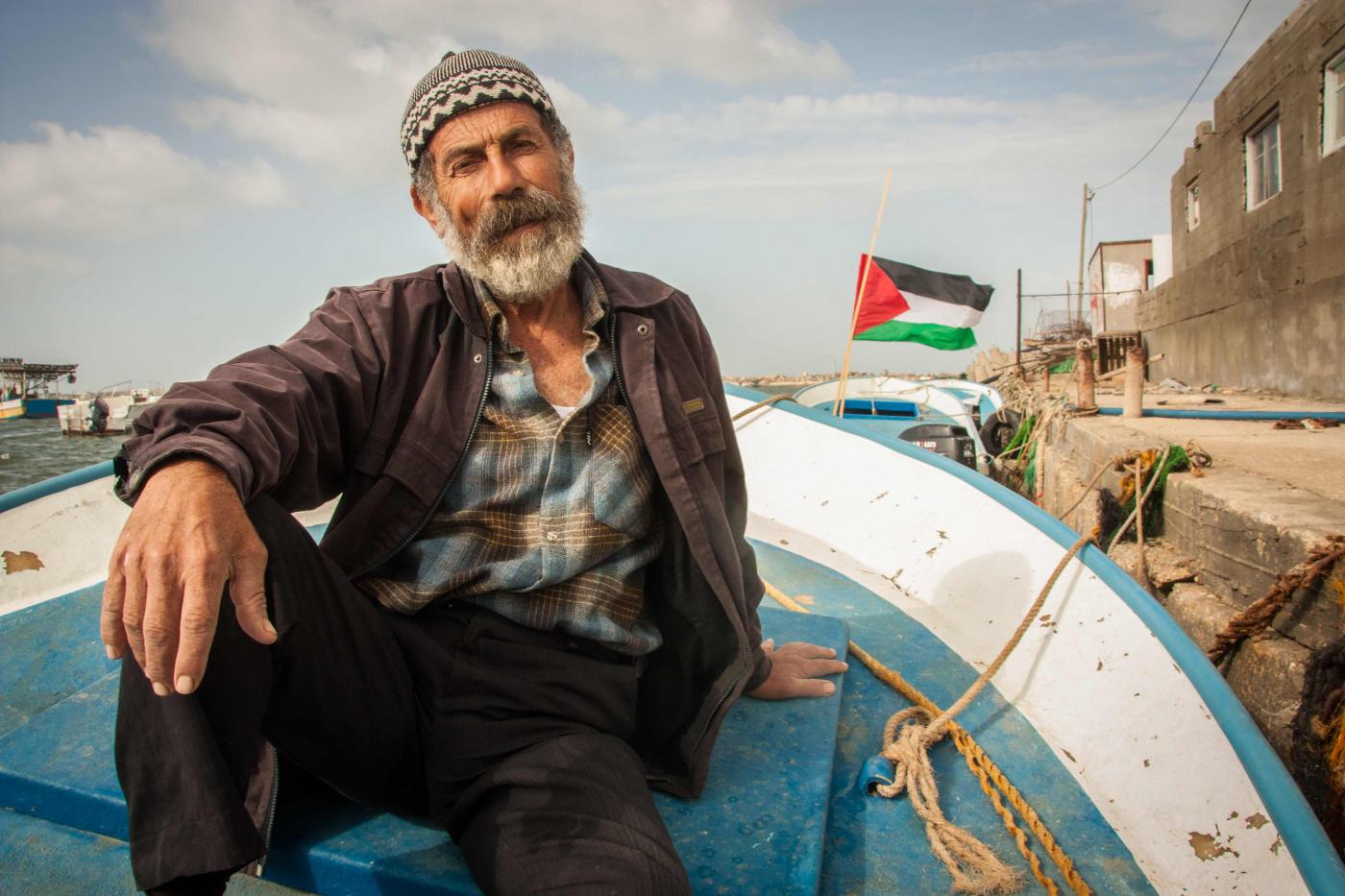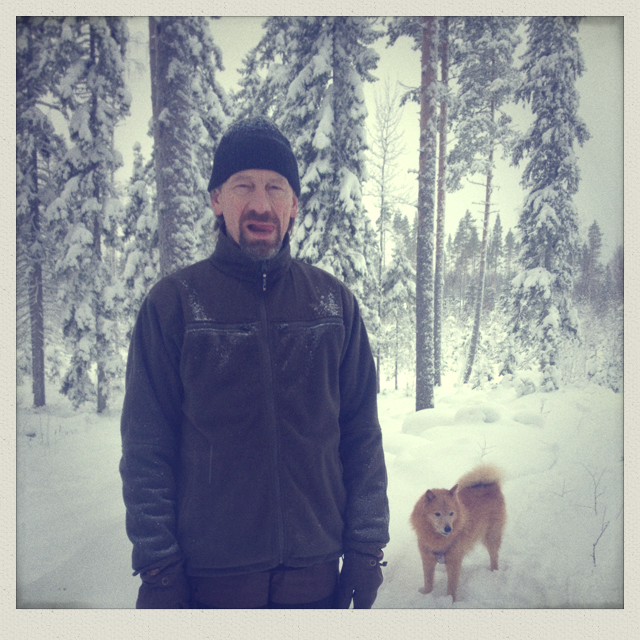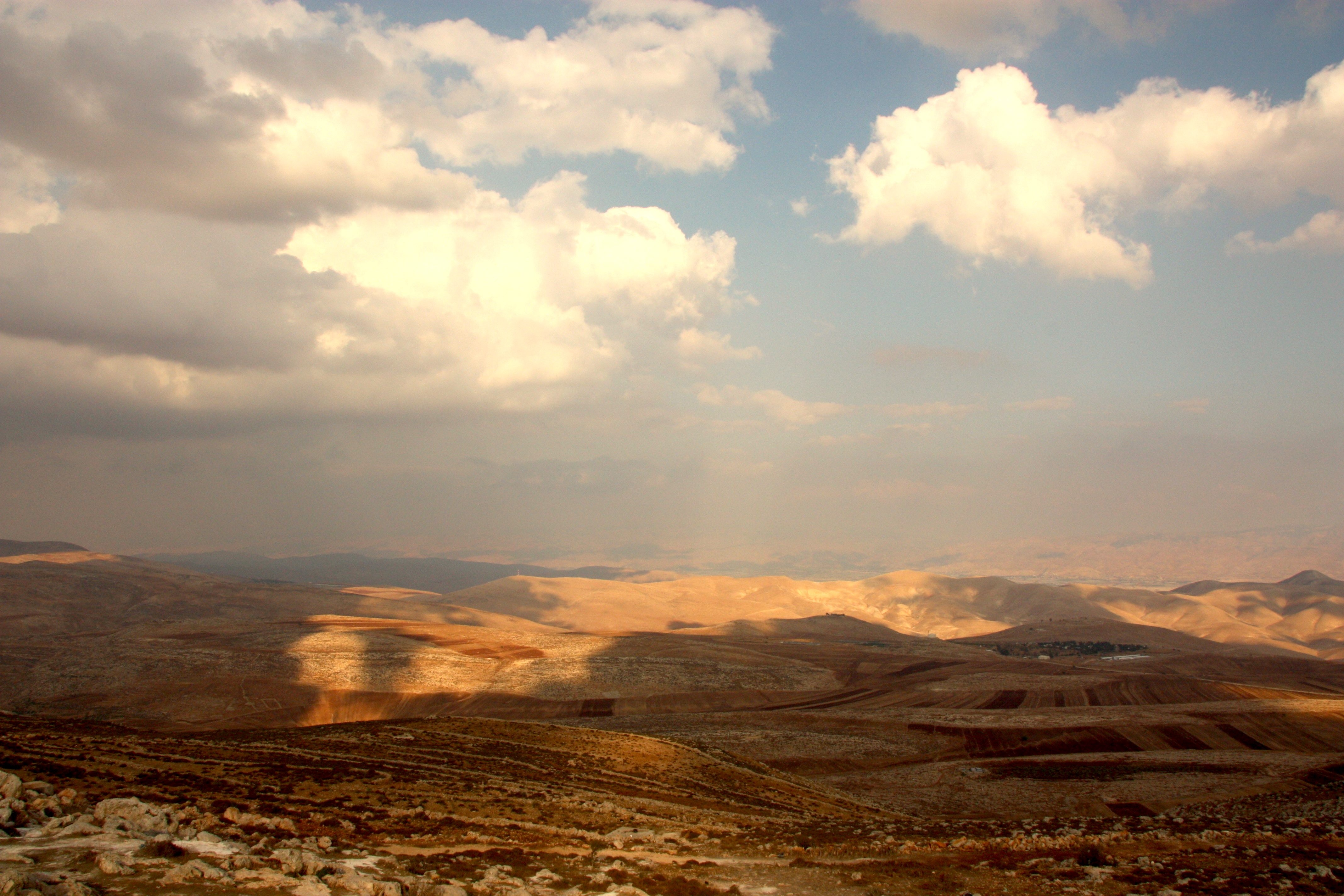On freedom, fishing and fathers, Gaza and Finland

Frustrated fisherman in Gaza.
My father is a fisherman. Setting off to the lake, taking care of his nets and hooks and observing the waters is what he loves the most in the world. Although he doesen’t earn his living with fishing, it’s what defines him, what is in the essence of his being. The sparkle in his eyes when he catches ”a really big one”, the concentrated expression on his face when he navigates through the waves, the determination which makes him ski to a frozen lake in the winter to check his under-ice nets when it’s -20 degrees. Those are the moments when he is at his fullest, truly himself. No deadlines, no writer’s blocks, no bills to pay. All the troubles of every day life disappear when he steps into his little boat and turns on the engine. He’s a free man.
On my last day in Gaza, during the last hours before I would jump into a taxi and cross Erez to get back to Israel I decided to take one last stroll on the beach. Those turquoise shores struck me when I first arrived to Gaza City. Sea, the ultimate symbol of freedom combined with the strict siege was something I couldn’t comprehend easily. How can the sea be controlled? My visit was short and that question had left without a full answer. I knew I would need to come back again. But I wanted to say goodbye to the sea before leaving, to tell I’d come back one day.
Walking down the port of Gaza I passed a group of colourful fishing boats. They were very similar to those I had seen on other Mediterranean coasts in the south of Italy and in the islands of Greece, but also on beaches of Atlantic in a small coastal village of Cabo Polonio in Uruguay. I hadn’t see boats like that in Finland, though. Their flamboyant colours would be seen as bragging and boasting, something that just wouldn’t do in Finland, where the boats are painted with clean and sporty white, or efficient looking metal colours. Some are plain wooden ones, like my father’s boat.
In the end of the beach I met Mohammed, a Gazan fisherman. It was a beautiful day, strong wind kept the clouds away and his boat was glistening in the sun, it’s Palestinian flag dancing with the wind. But Muhammed wasn’t smiling. He was worried. His son, Amar, had been arrested by Israeli authorities on 1st of December while he was fishing. Amar had been handcuffed and blindfolded and that was the last time Mohammed saw his son. He didn’t know where Amar was taken and how he was.
Under the Oslo Accords signed 1993 by Israel and the Palestinians the Gazans were allowed to fish until 20 nautical miles from the coast. Despite this for years Israel has allowed Gazan fishermen to reach only 3 miles. ”There are 3700 fishermen in Gaza. 3 nautical miles just aren’t enough,” said Mohammed. When the fishermen tried to go futher to the sea they were often shot at or/and arrested. Following the November 21 cease fire after the latest Gaza war the fishermen were allowed to take their boats up to 6 nautical miles, but the situation remained unclear. Amar was arrested at 2,5 miles. His father looked tired and much older that his 58 years. ”Even the 6 miles aren’t enough,” he says. ”There’s sand under the water in 6 miles, and the good fishes don’t live there. In 12 miles there are rocks – and big fishes to catch.”
Mohammed has a family of 15 to support with his fishing. Amar was his main helper – often it’s impossible to manouver a small fishing boat on your own on Mediterranean waves and set the nets at the same time. ”Fishing is hard work even without the shooting,” Mohammed said. During his working days he has been shot at by the Israeli sea patrol soldiers several times.
By Christmas I was already back in Finland. Despite the holiday athmosphere my father felt restless: The beginning of the winter was funny and the lake hadn’t frozen properly for him to go and set his winter nets. ”This time of the year the big fishes move slowly in the dark waters under the ice and it’s easy to cach them,” he explained to me, rubbing his head, frustrated with staying inside. Every day he anticipated going to test if the ice would hold. Eventually we didn’t go, and the frown stayed on my father’s forehead. I thought of Mohammed, wandered about his fishing, whether he was able to go. Whether Amar had been released. Whether his frown was deeper than my father’s. Apparently now the 6 nautical mile limit has become true and the fisherman can access it, but then again, you never know. You’re never free.

Frustrated fisherman in Finland.

